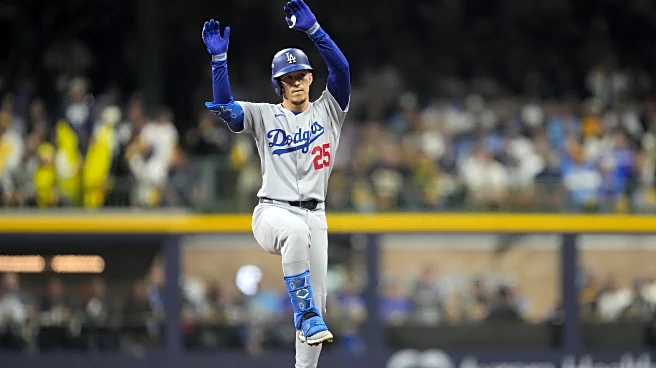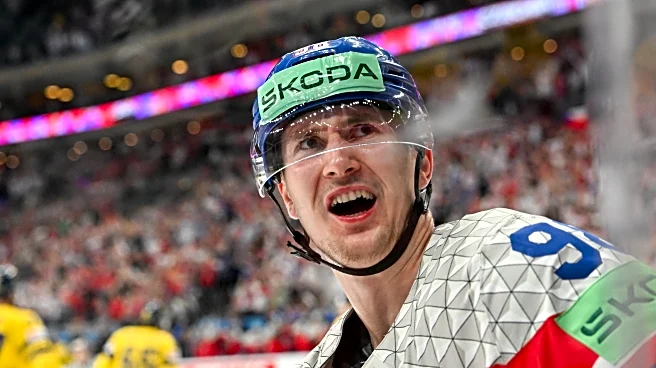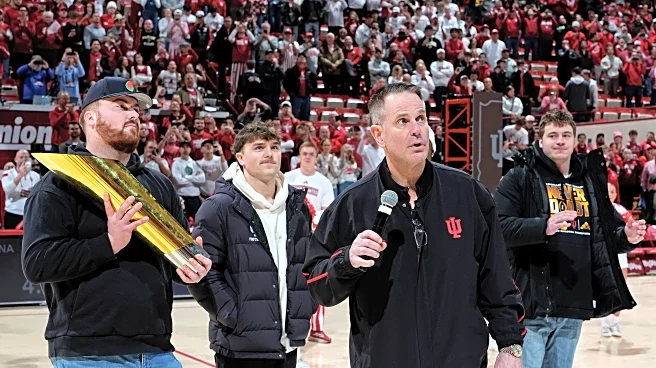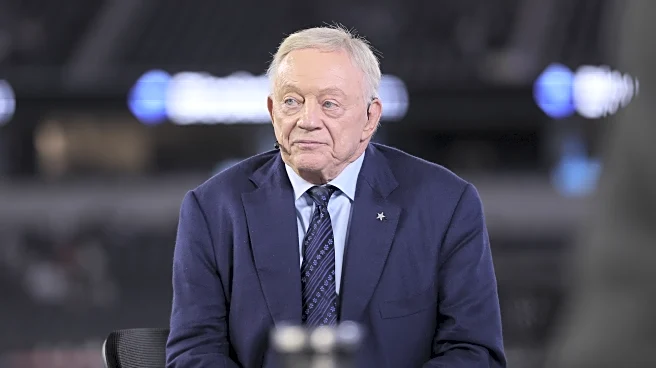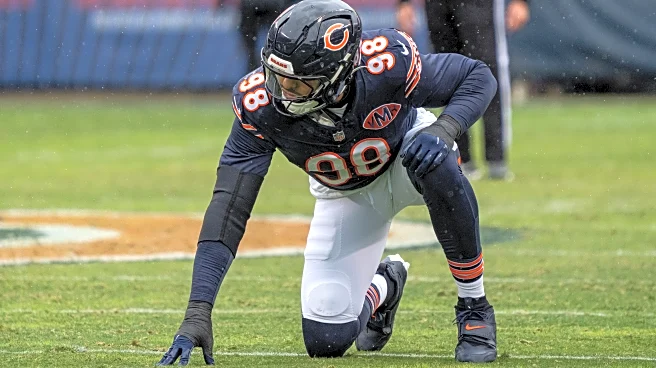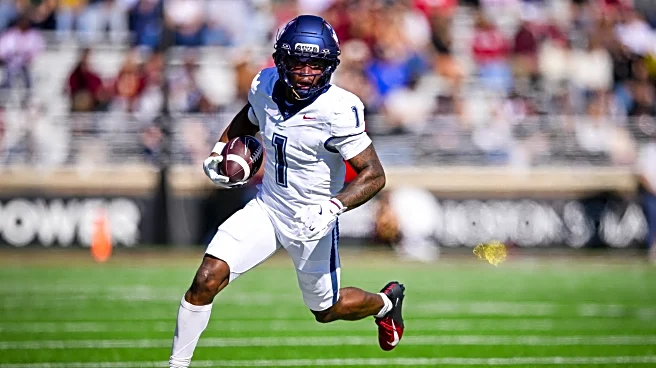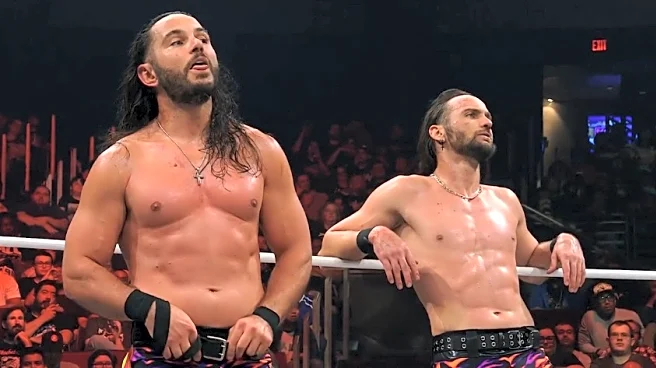How do five runs sound to you? In the context of the postseason right now, that number gets a massive boost and might as well represent an insurmountable goal when the Dodgers’ starting rotation is pitching
as it has. Well, five runs was what the Dodger offense could muster against the Milwaukee Brewers in Game 2 of the NLDS, and they did it in a way that resembles what the game plan was for Milwaukee against the Dodger pitchers.
Playing away from home, the game can more easily speed up on you, and if there is one thing this team has thrived at, it’s killing opposition momentum on the road. Game 2 was another example, as quickly after the Brewers jumped out to an early 1-0 lead with a Jackson Chourio leadoff homer, the Dodgers answered. Los Angeles took the lead in the second with a Teoscar Hernández homer and later an Andy Pages RBI knock.
Never looking back after that moment, Los Angeles avoided the stress of a close affair in the late innings by executing what Milwaukee planned to do against them. The Dodgers made Freddy Peralta work in a game where Milwaukee desperately needed length, having used everyone at their disposal the night before, already coming from an exhausting series against the Cubs that went down to the wire.
Under normal circumstances, Peralta probably would have been out of the game after five, but Pat Murphy pushed the envelope with his back against the wall. In the end, the Dodgers got to him a bit more near the finish line, with Max Muncy hitting the only other home run in the game in the top of the sixth.
Facing a legitimate frontline ace, the Dodgers didn’t light the world on fire, but they prevented him from going deep into the game by grinding out at-bats, running into a couple, and, most importantly, getting to the bullpen in the game as soon as possible.
While the Brewers’ bullpen is a more reliable unit, you must emphasize the stress it’s been under with essentially two bullpen games since Saturday, including some bulk work from Jacob Misiorowski and Quinn Priester.
After forcing Peralta out of the game, the Dodgers consistently created opportunities against virtually any reliever that Milwaukee put out there. Despite not capitalizing on many of those chances, Los Angeles did enough to add a couple of insurance runs, enough to generate an entirely different outlook at the end of the game. With the ay Yamamoto was pitching, a four-run lead felt like double its actual size. This type of performance either requires one player lighting the world on fire, which Los Angeles didn’t have, or what they did have in an effort from one through nine. Everybody reached base safely at least once, eight with one or more base hits, and this team’s two most struggling hitters came through, driving in one run each (Pages and Shohei Ohtani).
A lot will be said about the dominant performances from Snell and Yamamoto, and deservedly so. And it’s not as simple as these guys are ultratalented, and it makes sense they’d perform like this. Postseason baseball is filled with aces, and way more often they pitch like Peralta did in Game 2 against the Dodgers than whatever Snell and Yamamoto cooked up. Now, the level of lineups they were facing is different, but the greater point still stands. The way that not only this game but this whole postseason could have gone south rather early for the Dodgers was with performances from their starters, such as this one from Peralta, and we’ve seldom seen them.
